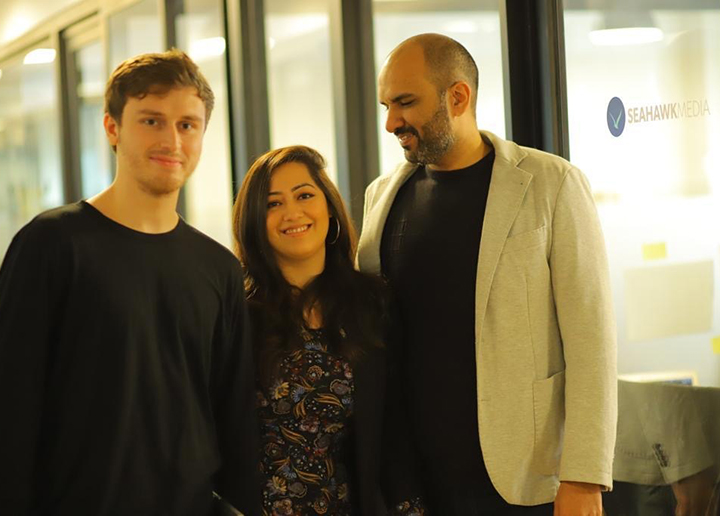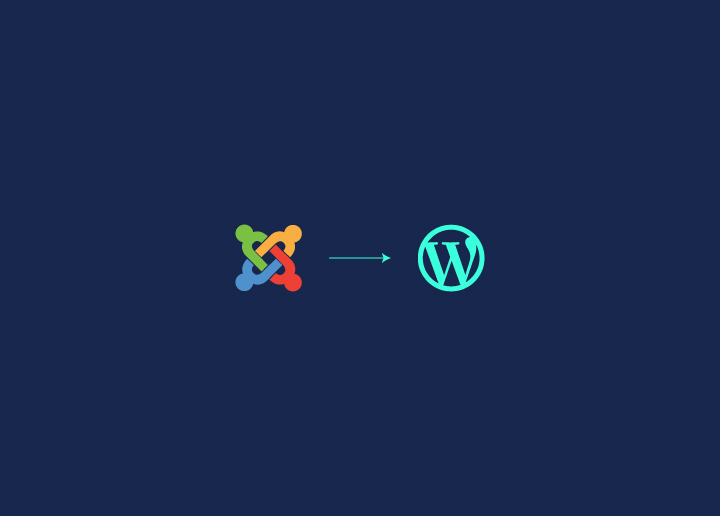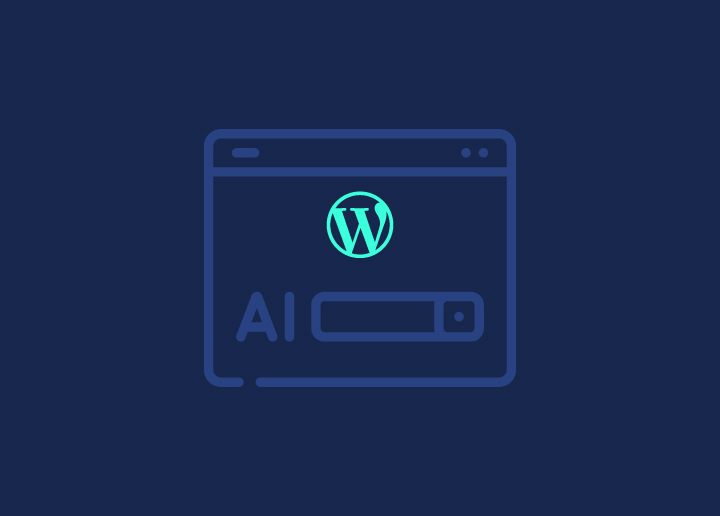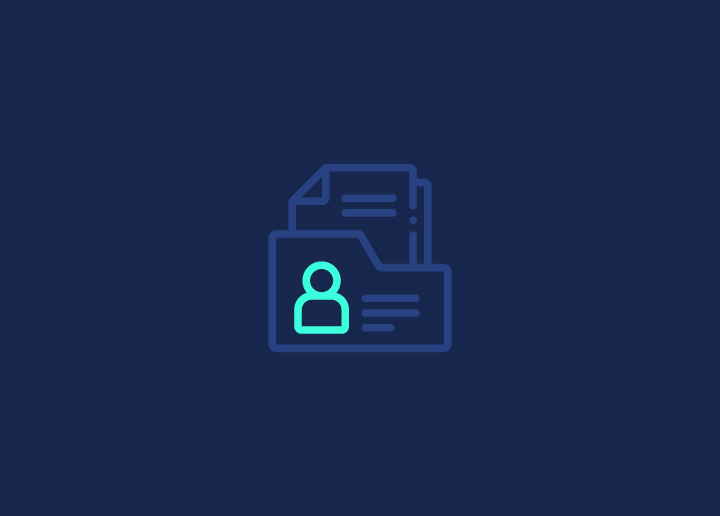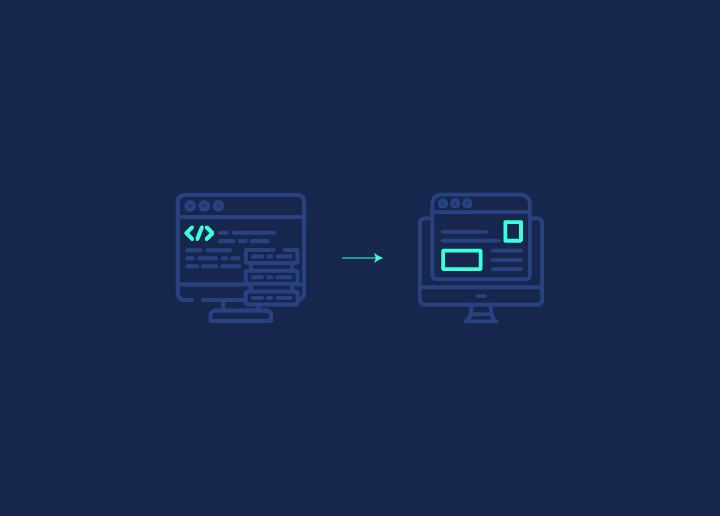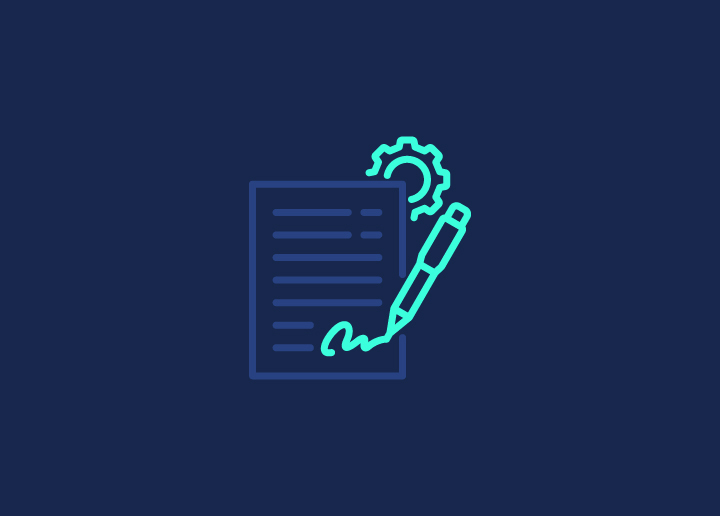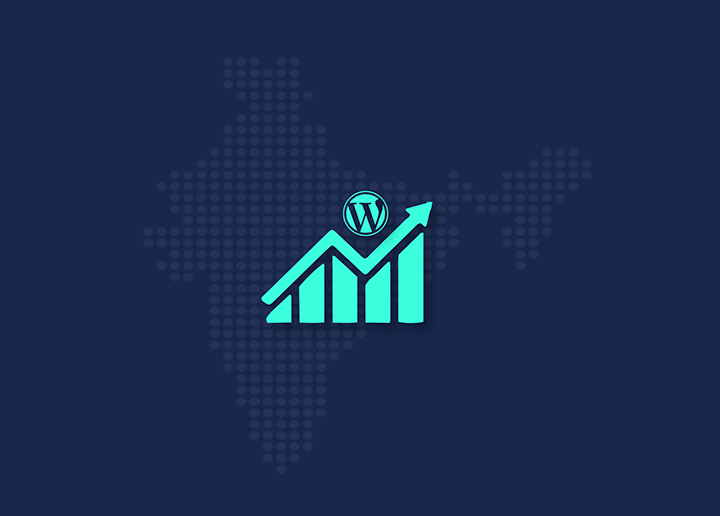Imagine you have a WordPress website, and you decide to go for a WordPress website design or maybe custom theme development. A WordPress agency sends you some project details via email, but that’s about it. No detailed information or anything to guide you through the process and offerings while writing proposals for WordPress projects? Sounds confusing, right?
Now, let’s flip the coin and think about it this way: As a client, WordPress projects are a big investment, and no one wants to spend some bucks and get a head-scratching proposal email with little to no details. This is where writing proposals for WordPress Projects enters the conversation.
As a WordPress agency, if your client is asking for a WordPress proposal and you’ve got nothing on your plate, the first thing you do is panic. The second thing you do is send out everything you can in a hush, which doesn’t leave a very good impression on your client.
Now, to gain the client’s attention and trust, you must understand and learn to write proposals for WordPress projects to IMPRESS and not CONFUSE. You must write detailed and comprehensive proposals incorporating all the significant details regarding the project, offering the client value with your services.
So, let’s dive into the concept of WordPress project proposals and how to write one smartly for your clients.
Contents
ToggleWhat Is a WordPress Project Proposal?
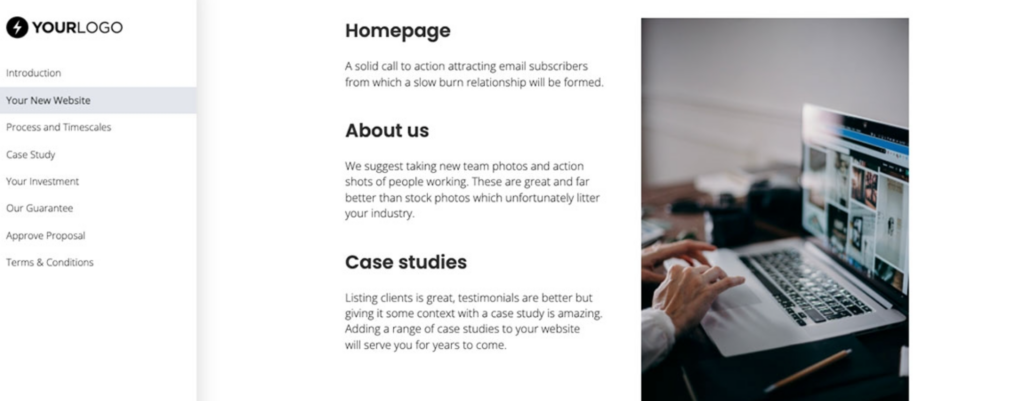
You must be wondering what exactly a WordPress project proposal is and how it is important to win over clients. A WordPress project proposal is simply a document that displays how, as an agency, you meet the client’s WordPress project requirements and goals. Do not confuse a WordPress proposal with a portfolio or a contract.
A WordPress project is a comprehensive document that outlines how you meet the client’s needs for a specific project. It gives you an opportunity to highlight your strengths and expertise for that particular WordPress project.
When clients choose a WordPress development agency for their web development needs, it’s possible they are getting proposals from other agencies as well. A great WordPress proposal will help you persuade clients to choose you over competitors.
A lot of your competitors will just send over a link to their portfolio, repeat the project details, and slap on a price. It’s the same old story, making them blend in with dozens of other WordPress experts doing exactly the same thing.
For them, a website is a business investment. The more you can show that you understand this—and that your services will make that investment worthwhile—the easier it’ll be to land the best projects. Additionally, offering services like white label WordPress development can further differentiate your agency by allowing clients to scale their offerings without adding internal resources, making your proposal even more compelling.
Do not miss: Top Project Management Tools For Web Agency
Questions to Ask Before Writing Proposals For WordPress Projects

Writing proposals for WordPress projects is different than just presenting a work portfolio. A winning proposal is different. This is your chance to show clients you really get the business challenges they’re up against.
They’re not just hiring someone to build a “website with a cool new look.” They’re hiring someone for the value they can get through their investment in this project.
So, to write a client-winning proposal, you must understand the client’s specific requirements and goals for the project. Set up a call, meet the client, and get as many details as you can to prepare a solid proposal for them.
Do not miss: Client Retention Hacks: Using White-Label WordPress Development to Wow Your Clients
Because you can only come up with great solutions if you know the problem. We have compiled a list of questions that can help you prepare for writing proposals for WordPress projects:
- What are your WordPress project needs and goals?
Understanding your primary objectives helps us meet your specific business needs. Whether it’s driving sales, improving user experience, or establishing a strong online presence, defining these goals is the first step to a successful project.
- Do you have a brand book or style guide that we need to follow?
Should we incorporate these guidelines into the new website design if we proceed with this project? Maintaining brand consistency can be crucial, and understanding your preferences will help in achieving that.
- Have you worked with WordPress or any other content management systems (CMS) before?
How comfortable are you with using them? This helps determine if you’ll need any additional support or training once the project is complete or if we should consider a CMS that aligns better with your experience.
- What level of ongoing maintenance and support do you anticipate needing?
Are you thinking about regular phone or email support? Would you prefer assistance for specific tasks, or are you looking at a more general WordPress support package, such as a set number of hours each month?
- What aspects of your current website do you like or dislike?
Are there any features or elements that you absolutely want to keep or get rid of? Understanding what works and what doesn’t helps craft a more effective website for your needs.
- What’s the main goal of your website?
What actions do you want your visitors to take? Whether it’s purchasing a product, signing up for a newsletter, or registering for an event, clarifying this will help in designing a site that drives those actions.
- How would you describe your ideal website?
What does success look like for this project? Whether it’s aesthetics, user experience, or conversion rates, defining success early helps in setting clear objectives.
- Are there any websites or designs that you like as a reference?
What about them appeals to you? Sometimes, it’s easier to identify what you like by looking at examples or even by noting what you want to avoid.
- Where do you plan to host your website?
Knowing this upfront helps understand potential constraints or advantages related to performance, security, and scalability.
- What assets do you have ready to populate the new site?
Will you be providing images, content, videos, or other media? Having a clear idea of available resources ensures that the project stays on track and within budget.
- What specific features do you envision for your new site?
Are you considering adding elements like Google Maps, email sign-up forms, downloadable PDFs, or even an online store? This helps in creating a proposal that includes all the functionality you’re looking for.
- Who is your target audience?
Understanding your audience is crucial for designing a site that resonates with them and meets their needs.
- Who will be managing the website post-launch?
How much control do you want over updating and managing the content? This influences how we set up the content management system and what kind of training or documentation might be necessary.
Read about: How a WordPress Support Agency Can Help Your Business Thrive
Get Those WordPress Project Proposals Going While We Streamline Your WordPress Workflow
Focus on growth and we’ll handle the rest with our WordPress Outsourcing Services.
How to Start Writing Proposals for WordPress Projects
Writing proposals for WordPress projects is easier than you think. Sure, it needs to be specific and detailed to address all your client queries and solutions. But as a skilled WordPress developer, you’ll know how to consolidate a great proposal without making it too complicated or confusing.
So, let’s understand the key components of writing proposals for WordPress projects:
Introduction/ Cover
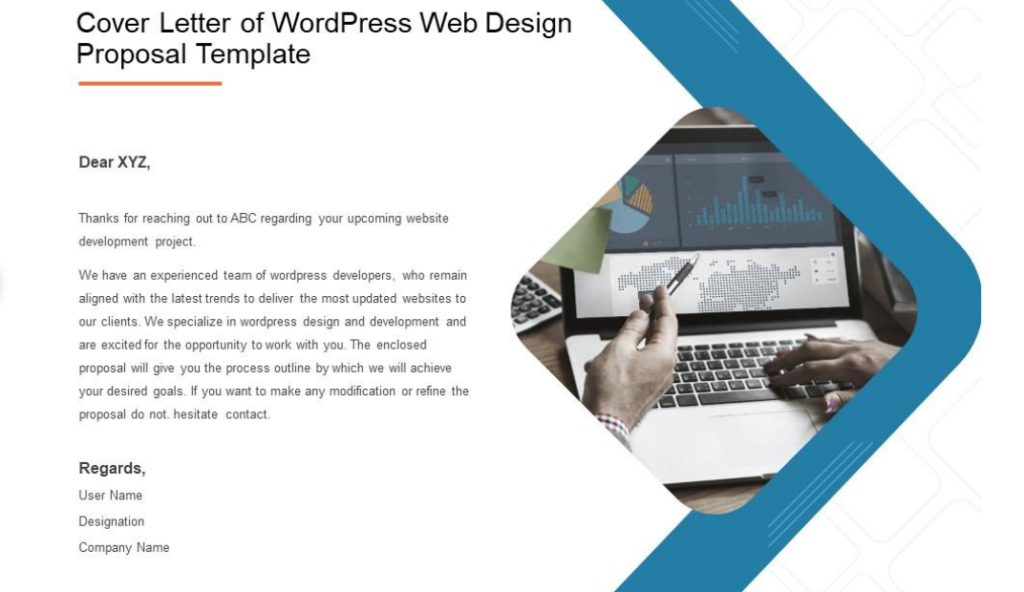
This is the first part of the proposal, and as they say, “the first impression is the last impression.” You must make this part as clear and concise as possible so that the client can gain a clear understanding from the start.
This part of the project proposal can highlight the key points of the problems you discussed with the client on the first call and essential pointers for your action plan. Additionally, you can also add a simple message of introduction as follows:
Hello [addressing the client],
Thanks for showing interest in working with our agency
Based on our previous call and project brief, we have collated a project proposal with all the possible details, project scope, timeline, deliverables, and budget for your clarity.
If you have any further questions, let us know.
Thanks,
[Agency name]
Suggested Read: Steps to Develop a Profitable Website Creation Business
The Goal/ Objective
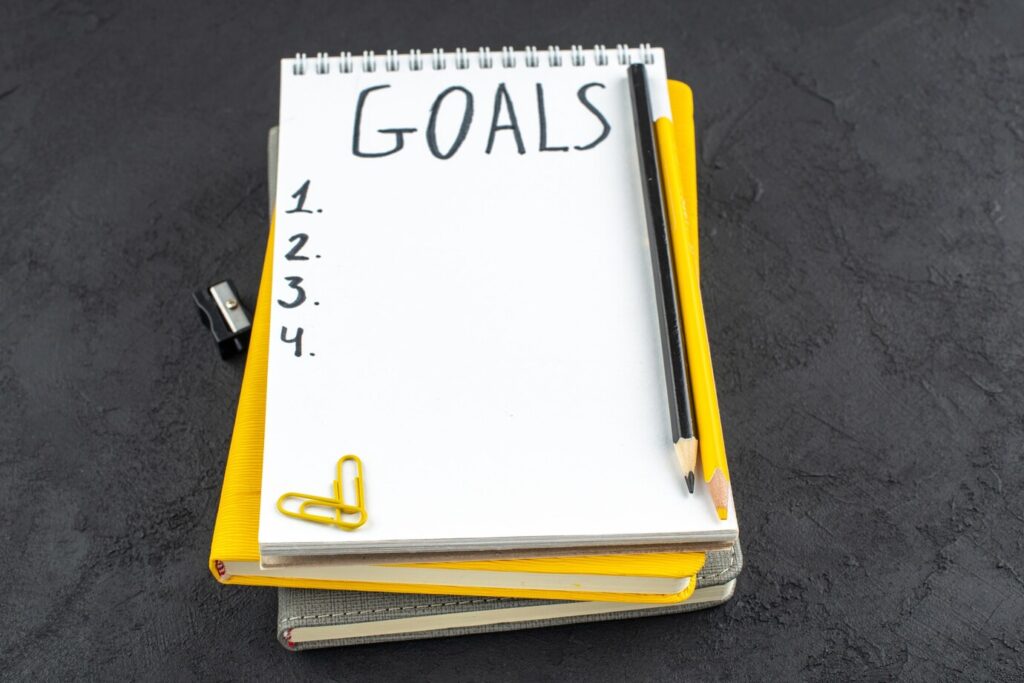
Next, you need to specify the goal and objective of the project. This part of the proposal should highlight clients’ needs and project goals. As you write for this section, think about the client’s goals and the deliverables you are willing to offer to achieve those goals.
For example, for a site speed optimization project, you can start with the things required to achieve fast page load time and the solutions you offer to enhance clients’ website performance and functionality.
This way, the client will know that you are clear about their goals and objectives and have a fair solution in mind for helping them achieve those goals. You can also highlight the importance of speed optimization services you offer for the client’s websites to further educate them on the project details.
Related; Tools to Test WordPress Performance and Speed Effectively
Scope of Project
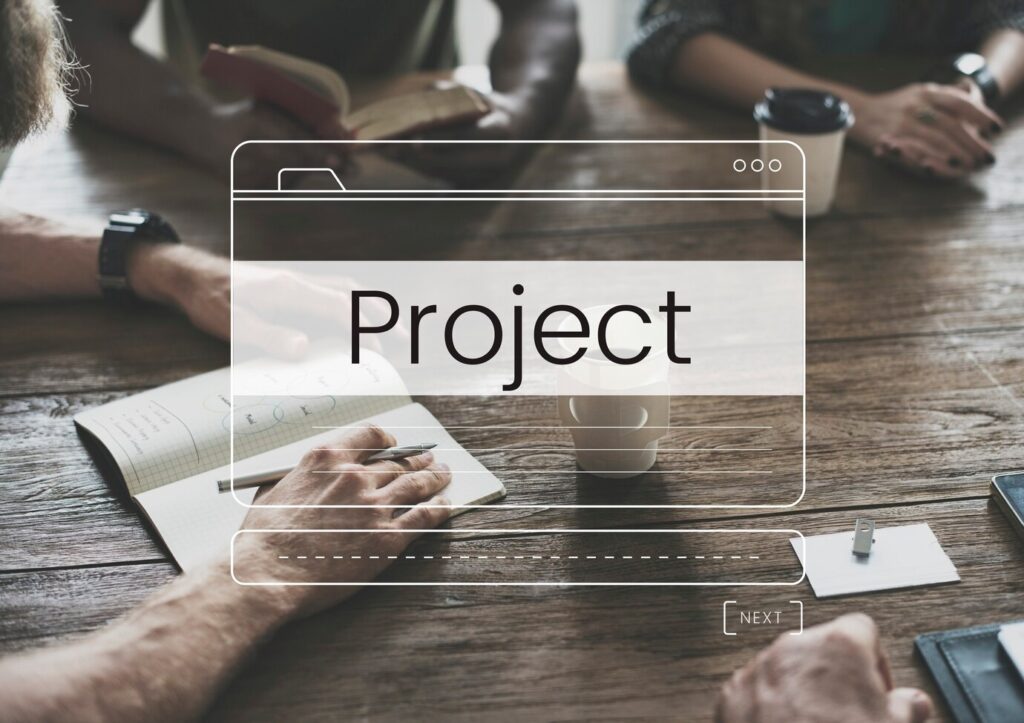
Now, this is a critical section of writing a WordPress project proposal. The project’s scope refers to defining the scope and what is included in the project. What services are included in the project, and what exactly are you offering the client against their problem?
For example, if you have a WordPress hacked site repair project, the project scope would include the following:
- Malware Removal
- Website Scanning
- Security Updates
- Securing Backups
- Complete Hack Removal
In addition to this, you can also include other additional offerings or bundles that you offer within the project scope. This section is a great way to help clients understand what solutions and support they are getting within the project. It also excludes the possibility of a client complaining or asking for anything that is out of scope.
Read: Steps to Develop a Profitable Website Creation Business
Data-Driven Story

While testimonials and a portfolio are great to showcase on your website, adding a personal touch to your proposal can make a real difference. Sharing stories and case studies about how you’ve helped past clients can really convince the reader that you’re the WordPress expert they need.
In this section, focus on the problem the business was facing, the solution you provided, and how it positively impacted their business. Maybe you helped them attract more customers, streamline their operations, or improve their online presence.
It’s important for potential clients to see how you’ve made a difference for others. This helps them feel confident that you can do the same for them.
Read: WordPress Website Design: 15 Reasons to Hire a Professional Agency
Project Process
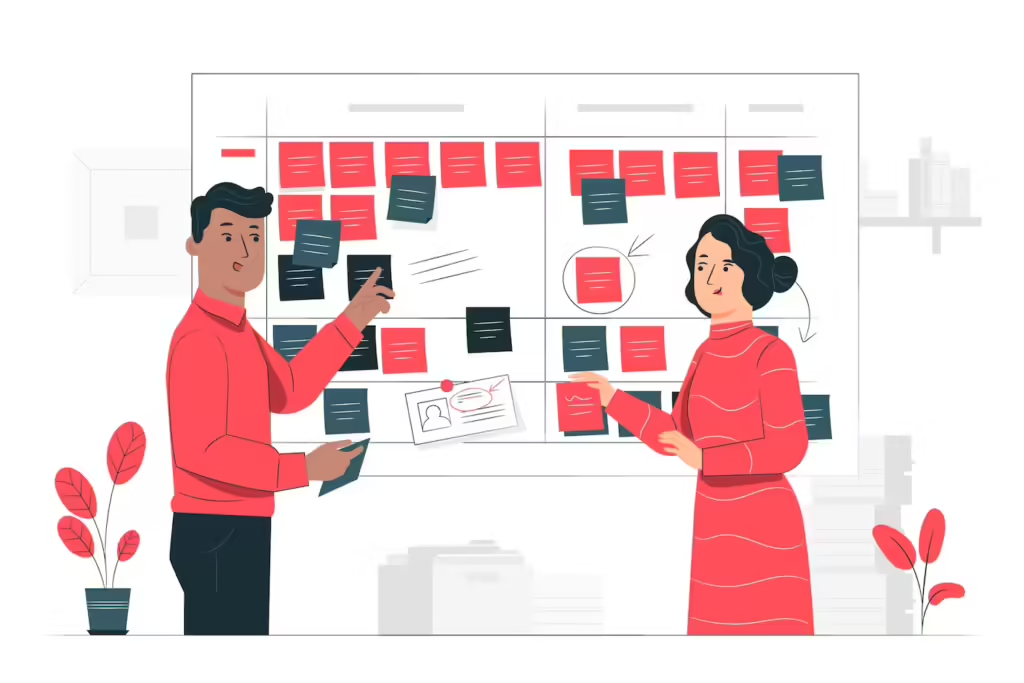
This simply means how things work. What is the process your agency follows for a particular WordPress project? If the client has never worked with a WordPress professional before, this section will be especially valuable to them.
If they have, this is your chance to stand out and show how you’re different from the competition. For example, for SEO Foundations, the process might include:
- Doing a competitive analysis
- Conducting a technical SEO audit
- Keyword research
- Keyword optimization
- Comping analytics and Final Reporting
Now this may include more or fewer steps. However, it depends on the type of project and the agency’s individual process. This helps explain your approach toward a project and establishes a clear understanding and powerful collaboration with the client.
Also read: Transform Your Brand with These Top White Label Agencies
Time Frame

Now, the time frame elaborates on how long it would take you to complete a process. The time frame establishes a timeline for the completion of the project, which helps clients know when they can expect the delivery of the project. For example:
“We’ll have your live website up and running in about three weeks from when we kick off the project. Here’s a quick rundown of what the timeline looks like:
- Frontend HTML/CSS development: 7 days
- Backend development: 7 days
- Uploading content: 1 day
- Testing and reviewing: 6 days
- Final site launch: 1 day
So, by the end of three weeks, you’ll have your new website ready to go!”
Suggested Read: How to Create a WordPress Client Portal for Your Agency?
Budget

Now, this one is important from the client’s perspective. Outlining the budget and the investment the client is making is important for the client to derive the value of the project. This section should answer questions like, “How much does a WordPress website cost?” “Are there additional features or services that can be added”? “What does the final project estimate look like”?
This is the place to mention those possibilities. You can break down each component line by line or keep it more general. One reason to stick with broader estimates is to avoid overwhelming the client with too much detail.
For example, they might not understand why a revision and feedback session would take four hours or why multiple rounds of wireframe development are necessary.
Read: Types of Revenue Models for Digital Agencies
About The Team

Now is the time to shine bright! Tell them all about you and your team of experts. This section mainly tells the client about the team that is going to work on their project and assists them with any support whatsoever. Including a section that introduces you and the key team members involved in the project adds a personal touch.
This section can include:
- A quick intro about your team
- Team expertise and experience
- What team members will be working on what part of the project
- About Project Manager (the main POC for the project)
Learn: How to Offer Premium WordPress Services Without Expanding Your Team?
Next Steps
What steps does the client need to take to get started? This section should clearly outline how they can choose you. It’s crucial to secure the client’s agreement while they’re excited and ready to move forward.
You can include something like:
“To move forward, simply review the proposal and let us know if everything looks good. Once you’re ready, sign the agreement electronically, and we’ll get started.
After the agreement is signed and the initial payment is made, we’ll schedule a kickoff meeting to align on goals and timelines. From there, our team will dive into development, keeping you updated every step of the way. We’re excited to begin this project with you!”
Keep Reading: Transform Your Brand with These Top White Label Agencies
Wrapping Up
Writing a proposal for a WordPress project isn’t just about ticking off boxes—it’s your chance to show you get the client’s needs and can deliver real results. By adding a personal touch, clear timelines, and simple next steps, your proposal becomes more than just a document—it’s the start of a great partnership. Keep this guide in mind, and you’ll write proposals that not only stand out but also turn potential clients into long-term partners.
